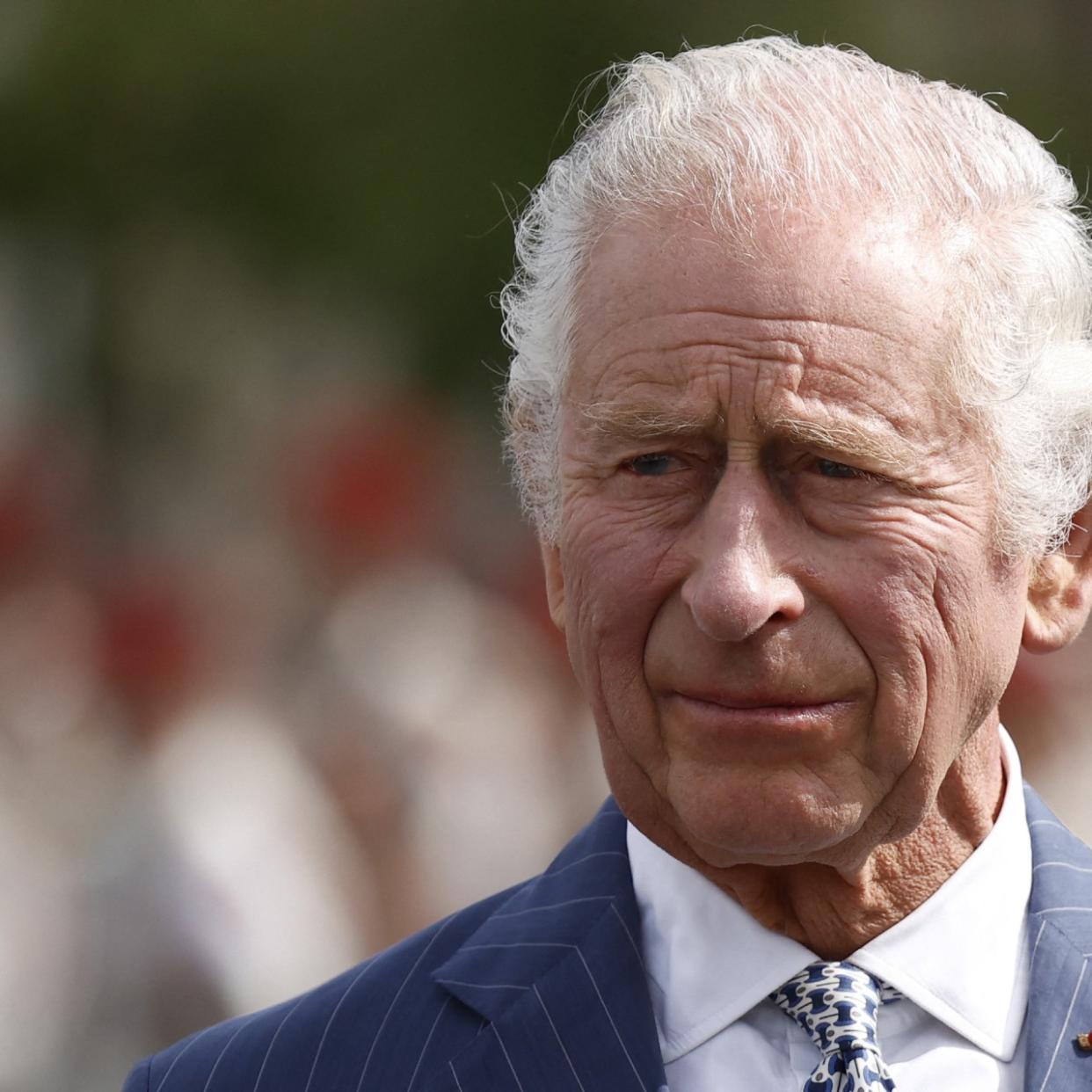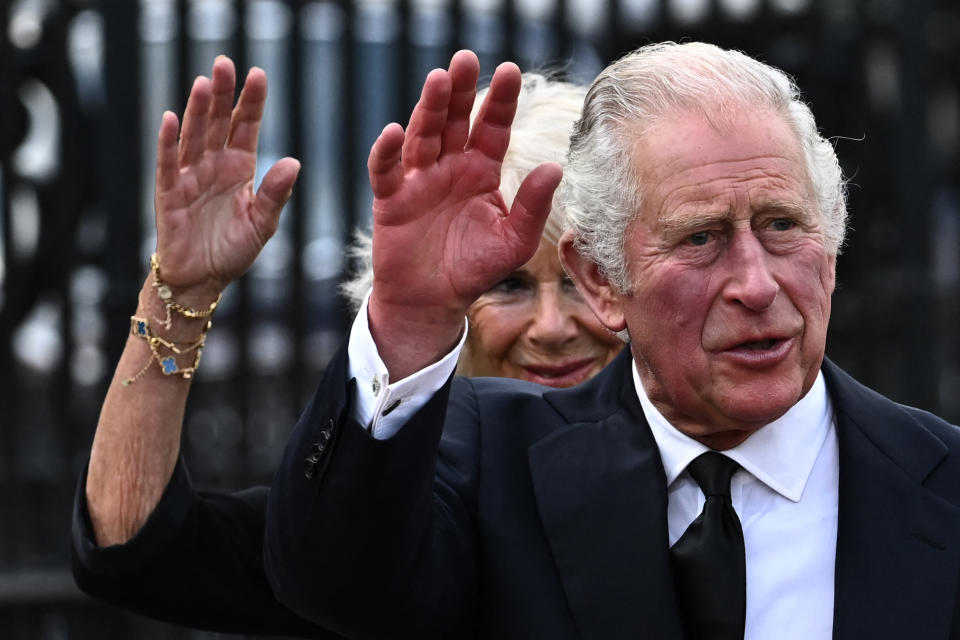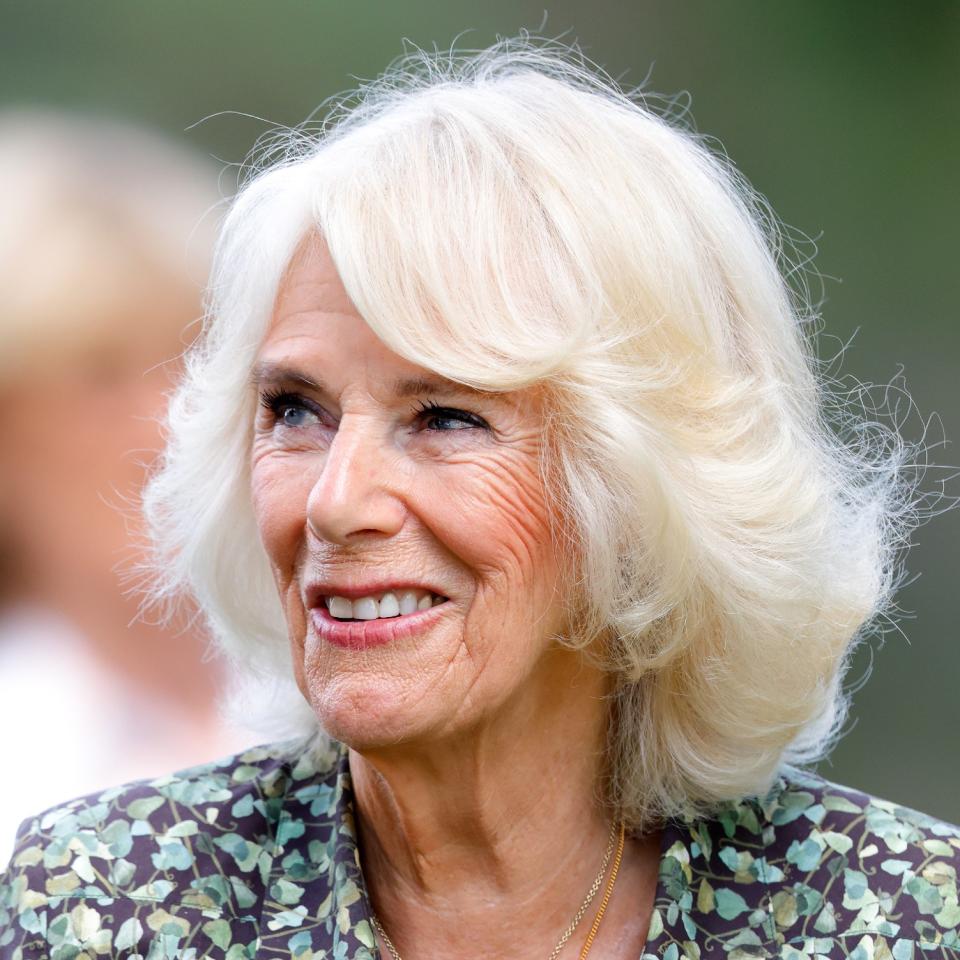King Charles Sparks Minor Concern by Staying an Extra Night in Hospital

Princess Kate has left The London Clinic after nearly two weeks there, Kensington Palace reported this morning—but the hospital still has a royal patient in tow: King Charles. The King underwent a corrective procedure for an enlarged prostate on Friday and was expected to stay for two nights, being discharged yesterday. The King’s stay has been extended for “precautionary” measures, sparking concerns for his health, multiple outlets report; additionally, the King has canceled all engagements for a month, The Sun reports.
“It is understood that Charles would only stay in hospital for longer than two nights if there was some kind of unexpected issue,” a source told the outlet. “The extra stay is precautionary but has nevertheless reportedly caused some unease. It is expected Charles will have to avoid public jobs for at least a month on medical advice. But knowing the King, he will try to keep some private audiences and insist on keeping on top of his paperwork.”

Adding some context, The Telegraph reports that doctors tend to prefer to discharge patients during the week rather than over a weekend, which could at least partially account for Charles’ extra night in hospital.
News of Charles’ diagnosis was announced on January 17 just 90 minutes after the public learned that his daughter-in-law, the Princess of Wales, had undergone abdominal surgery the day prior. The King was diagnosed with the benign condition while staying at Birkhall, his home in Scotland on the Balmoral estate, after going in for a checkup because he was experiencing symptoms, The Mirror reports.
Since arriving at the hospital Friday and undergoing the procedure the same day, Queen Camilla has visited her husband multiple times at The London Clinic, including three separate visits within a 24-hour period.


The Daily Mail reports that one in every three men over the age of 50 will have symptoms of an enlarged prostate (the King is 75). An enlarged prostate doesn’t usually pose a serious threat to health and is not cancer, but patients may need to have several tests to rule out the possibility that they have another illness with similar symptoms, like prostate cancer. Surgery is usually only recommended for moderate to severe symptoms that have not responded to medicine, the NHS website reads. Speaking of the NHS, the organization said the “enlarged prostate” page on its website received one visit every five seconds on January 17—the day the King’s diagnosis was announced—“with further huge boosts in visits in the days that followed,” The Daily Mail reports.


